Just because you can’t see it, doesn’t mean it’s not there.
A couple days ago, a person who has never seen me “go down” caught me in the midst of an episode, which for me is a form of extreme weakness and fatigue where it feels like a numbing, somewhat painful blackout or I’m conscious but I can hardly move or not move at all until the episode is over. I was really embarrassed and started crying because:
- It’s traumatizing being stuck in my own body without control
- I couldn’t respond and it was awkward to be so weak and helpless in front of another person who was alarmed
- I’m reminded that I had a fatal accident that put me into a very strenuous healing/survival modality for years
- I’ve been embarrassed in the past about how aloof and antisocial I can appear, when really I’m just trying to manage a condition
- I’m mortal and I am a person who is going to have to navigate some chronic conditions and lack of ability for probably my entire life.
Crying makes my eyes really puffy and my sinuses clogged, so I admittedly looked awfulllll. And the next day I was texting the unfortunate witness to my episode in a joking manner, but it went to another friend chat. So I decided to lean in and just practice being vulnerable – I have uncommon, invisible sequelae of my severe traumatic brain injury (TBI) years ago that hardly hinder my life, but from time-to-time my “disabilities” prevent me from functioning partially or entirely in the way I, or others, want me to.
Usually if an episode is going to happen I have some sort of warning where the site of my brain injury almost feels “inflamed”, I start feeling very fatigued, and sometimes I’ll have vertigo. When the prodrome happens I usually try to hide or somewhere safe where I can lay down or even full-blown sleep if possible (sometimes the recovery is less than hour, but I have slept over 11 hours in a row to get past the main episode). If you see me or I can communicate that I think an episode is going to happen, help me find a place where I can rest horizontally for a long period of time; it has to be safe, I might not be able to move for hours. I’ll eventually wake up and regain function. Post-episode, the “hangover” usually lasts less than 24 hours, but the after effects can persist for days. It kind of reminds me of similar patient peers with epilepsy – do not panic, assess the severity and safety, let the person have the episode, and re-assess post-episode.
These episodes are incredibly humbling for me and remind of the importance of:
- Being empathetic – you never know what someone is going through.
- Being healthy – less stress and exertion help me mitigate episodes.
- Going slow and resting – I’m someone who can imagine what it is like to lose a whole lifetime, so sometimes I’m zealous to learn and try a lot. Yet I understand to extend my life, to play the long-game, it’s good to go slow.
- Appreciating community and support – it’s difficult to heal without those who are willing to be patient and help me recover.
- Being grateful – having more good days than bad is objectively signs of an overall good life, to not let an episode of misery shadow a lifetime of possibility and joy.
I do not wear my patient advocacy hat often, but I think it is important to sometimes update on not well understood chronic conditions – there are many versions of life after severe TBI. While some of my abilities are not fully recouped and I am still navigating how to adapt to some dysfunctions, even after ten years, overall my life is subjectively amazing.
I am grateful episodes of extreme fatigue and muscle weakness are infrequent, like once a month at most, and that I have an overall lifestyle where I can recover and live a high quality life most of the time. I appreciate all those who have encouraged me to build strength by standing up for my health needs and for helping me experience life’s pleasures to counter moments of weakness and fear, that allows me to be what I am today.

